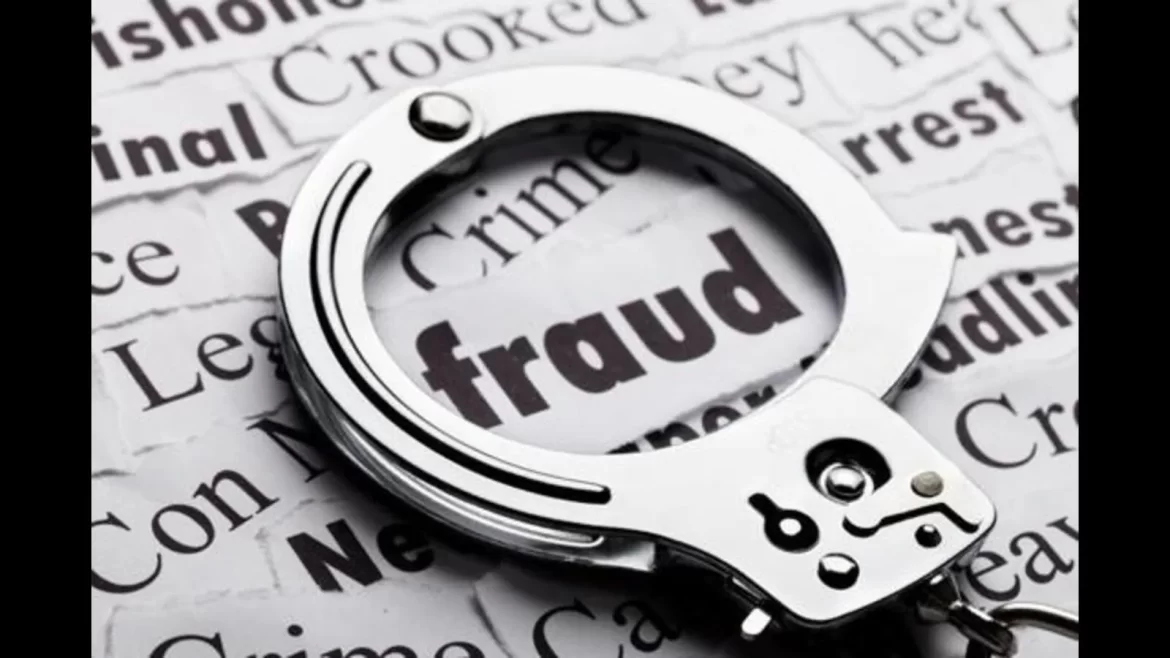Twelve villages in Salon block, Rae Bareli district, Uttar Pradesh, are under investigation by security agencies following suspicions of a major scam involving the issuance of fake birth and death certificates. According to anti-terror officials, these fraudulent documents were issued over the past two years using the government’s Civil Registration System (CRS) portal, often with incomplete or incorrect details.
The issue came to light after the National Investigation Agency (NIA) flagged several certificates linked to addresses in the affected villages. Senior police officers revealed that some of the certificates were recovered earlier this year, leading to further scrutiny of the villages. The first case was registered on July 17, 2024, after four people, including the Salon village development officer Vijay Singh Yadav, were arrested for their involvement in the scheme.
Yadav’s login credentials for the online birth registration portal were allegedly misused by 24-year-old Mohammed Zeeshan Khan, his father Rizwan Khan, and an aide. The accused are believed to have issued between 25,000 and 30,000 fake certificates, benefiting individuals across different states, not from the local villages.
Yadav later sought police action against Zeeshan and his father, accusing them of misusing his ID and password. However, during an inquiry, it was found that Yadav had been complicit in the issuance of the fraudulent documents. This led to a formal investigation, which revealed that a total of 19,184 fake certificates were issued, mainly in four villages. Yadav, along with Zeeshan and Rizwan, was arrested, and the minor involved was sent to a juvenile home.
Further manual verification in the affected villages revealed that Gadi Islampur, a village with a population of 3,200, had over 2,000 fake certificates issued. The authorities are continuing their investigation, with a larger probe underway to determine the full scope of the fraud and how many other certificates were issued across the 12 villages since June 2022.
The case has highlighted serious flaws in the government’s civil registration procedures, prompting district authorities to take immediate action to investigate the anomalies and prevent further misuse of the CRS system.
